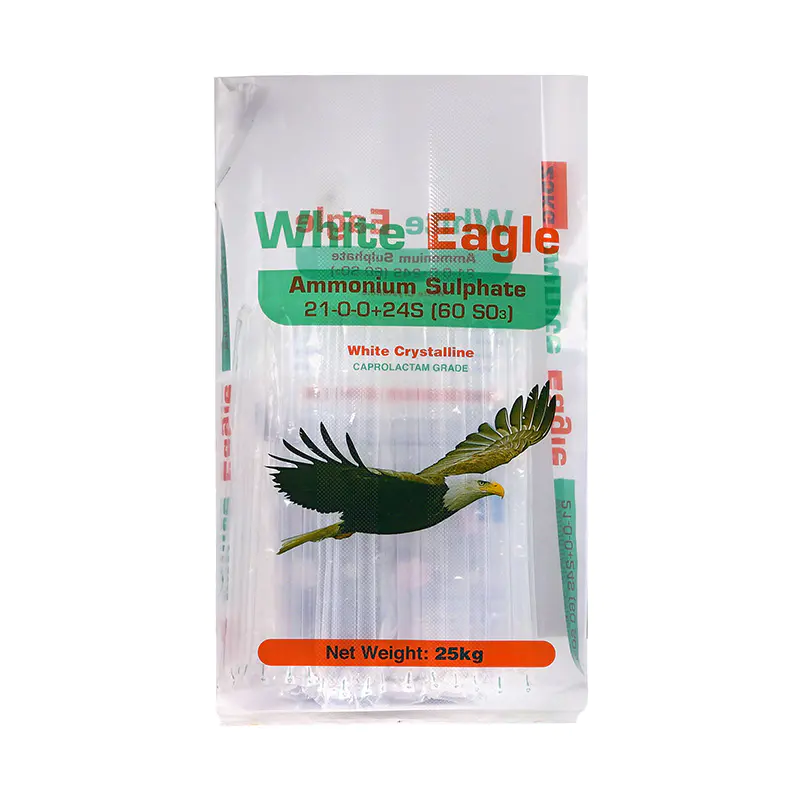Email us now!
In recent years, flexible packaging bags have witnessed a noticeable increase in popularity, particularly among eco-conscious consumers. With changing attitudes toward sustainability and growing awareness of material waste, more buyers are seeking alternatives that balance functionality with reduced environmental impact. This shift has created momentum in the packaging industry, influencing production methods, material choices, and even consumer behavior. Flexible packaging bags, known for their lightweight design and space efficiency, are now seen as a practical response to demands for environmentally considerate packaging options.

One contributing factor to this trend is the versatility of flexible packaging bags across different sectors. Whether used for food, health products, or household goods, these bags offer sealing integrity, extended shelf life, and storage convenience. Additionally, many of these bags use less raw material than rigid containers, pilot to lower production and transportation costs. For companies seeking to less their packaging footprint, flexible packaging bags provide a solution that aligns with shifting market expectations.
Interestingly, as the focus intensifies on flexible solutions, PP Ton Bags are also gaining renewed attention in large-volume storage and shipping. While they are more rigid in form compared to flexible packaging bags, PP Ton Bags serve a different purpose. These woven polypropylene bags are designed for bulk handling of dry goods such as grains, fertilizers, and construction materials. Their durability and reusability have made them a valuable asset in industries that handle substantial loads. While not directly competing with smaller flexible packaging bags, PP Ton Bags contribute to the broader packaging dialogue centered on sustainability and reusability.
What makes flexible packaging bags particularly appealing in today’s market is their adaptability to new consumer habits. As people prioritize recycling and small packaging, the demand for compact, resealable, and multi-use bag formats continues to rise. Even small design changes—such as incorporating recyclable films or reducing ink use—can influence a buyer’s decision. This evolution has encouraged producers to revisit traditional packaging layouts in favor of lighter, more adaptable solutions.
In the agricultural and industrial sectors, PP Ton Bags continue to serve critical roles where strength and capacity are essential. Often seen on farms or at shipping docks, these bags can handle loads exceeding hundreds of kilograms. Their role is distinct from the smaller-scale applications of flexible packaging bags, yet they contribute to the same sustainability conversation. Reusable PP Ton Bags often replace single-use sacks, lowering overall waste generation and helping industries meet their long-term environmental goals.
Another notable shift is the increasing investment in material innovation. Companies are experimenting with compostable and recycled polymers to improve the ecological profile of flexible packaging bags. While these materials may still be developing in terms of scalability and strength, their potential is attracting interest from various sectors. Similarly, efforts to enhance the recyclability and load tolerance of PP Ton Bags have emerged, especially in markets where regulatory pressure is increasing.
The growing visibility of flexible packaging bags in eco-conscious markets also reflects broader changes in marketing and branding strategies. Clear labeling, smallist design, and transparency about materials are now integral to consumer trust. Brands that utilize flexible packaging bags to highlight their environmental commitments often find increased engagement among sustainability-focused buyers.
Meanwhile, PP Ton Bags maintain their relevance through industrial performance rather than retail appeal. Their ability to safely store and transport massive volumes with limited packaging waste has ensured their continued use in supply chains. With more organizations examining the lifecycle of packaging materials, PP Ton Bags offer a consistent and durable solution.
Together, flexible packaging bags and PP Ton Bags demonstrate how packaging is adapting to a world increasingly concerned with environmental impact. Though they serve different markets, both are responding to similar pressures: reduce waste, improve efficiency, and support sustainable goals. As innovations continue to emerge, the packaging landscape will likely see further collaboration between flexible design and heavy-duty utility.

 English
English русский
русский Español
Español عربى
عربى Türk
Türk







